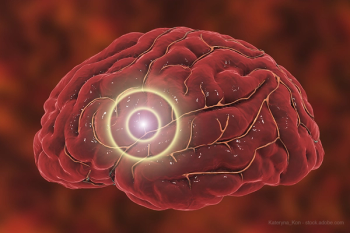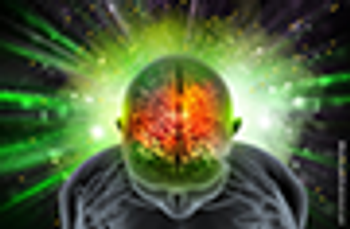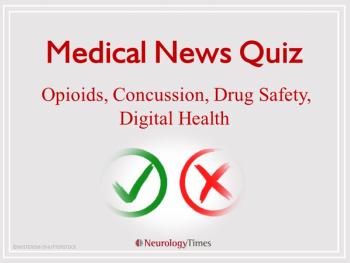
This case series appears to identify a new subtype of chronic daily headache in overweight/obese women in their fifties and sixties.

This case series appears to identify a new subtype of chronic daily headache in overweight/obese women in their fifties and sixties.

Researchers sought to find whether the risk of later cerebrovascular events was associated with a hospital admission for migraine.

Are AEDs safe for children? Take the quiz and learn more.

Starting antiretroviral therapy during the earliest phase of HIV infection may not be enough to prevent formation of viral reservoirs and enable cure or long-term ART-free HIV remission.

Clinicians should use caution when prescribing this medication in patients with heart disease because of risk of severe adverse effects and even death. Test your skills in this FDA quiz.

In ischemic stroke subtypes in young-onset stroke, researchers identify a modifiable risk factor in a high-risk group.

Recent findings could explain underlying pathophysiology of these disorders and have therapeutic implications.

We know working long hours is bad for our health, but which risk is greater, coronary heart disease or stroke?

A group of doctors looked at the effect of incorporating quality of life management with traditional medical therapy for epilepsy treatment.

When medications no longer offer relief to your patients with migraines, surgical treatment may be the answer.

Researchers question the belief that first generation anti-epileptic drugs are as effective as second generation drugs.

Research into AD pathogenesis and identification of early biomarkers could contribute to the development of new treatments. We present several recent findings.

While the underlying mechanisms remain to be resolved, studies suggest that, once patients with epilepsy develop obstructive sleep apnea (OSA), treating OSA can result in improved seizure control.

Is fatigue with MS related to diet? Is alcohol intake tied to lower MS disability and severity? Researchers at AAN 2015 reported on how patients are affected by what they eat and drink.

Published: June 12th 2015 | Updated:

Published: June 26th 2015 | Updated:

Published: July 9th 2015 | Updated:

Published: May 19th 2015 | Updated:

Published: August 7th 2015 | Updated:

Published: September 9th 2015 | Updated: